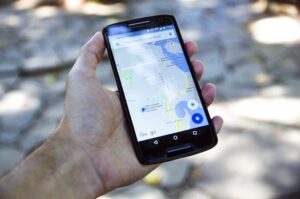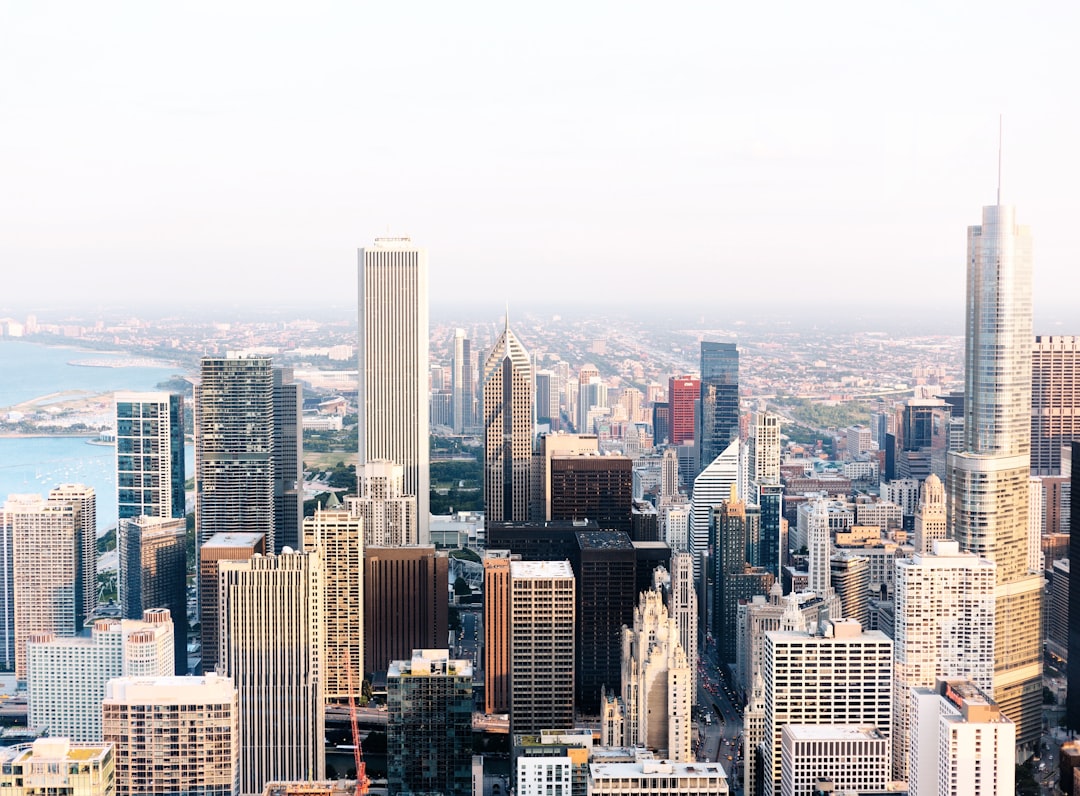Robocalls have become a significant issue in Chicago, with fraudulent and harassing calls overwhelming residents. Big data analytics and machine learning (ML) offer powerful tools for combating this problem. Advanced algorithms can identify spam and fraudulent activities, predict call surges, and block unwanted calls. Successful implementations in telecom and finance sectors demonstrate the effectiveness of these technologies. Robocall Lawyer Chicago leverages predictive analytics to anticipate and counter robocall surges, providing effective solutions and enhancing consumer protection. Future advancements in ML and data processing promise even better real-time interventions, improving the city's communication environment.
In the digital age, Chicago residents are increasingly plagued by robocalls, impacting their daily lives. This article explores the role of Big Data Analytics in predicting and mitigating these surges. We delve into the disruptive effects of automated telemarketing on Chicago’s citizens and how advanced analytics leverage machine learning to identify patterns. Through case studies, we demonstrate successful strategies for robocall prevention. Additionally, we navigate challenges and discuss future prospects, highlighting the importance of data-driven solutions for a smoother communication landscape, especially with the aid of a Robocall Lawyer Chicago.
Understanding Robocalls and Their Impact on Chicago Residents
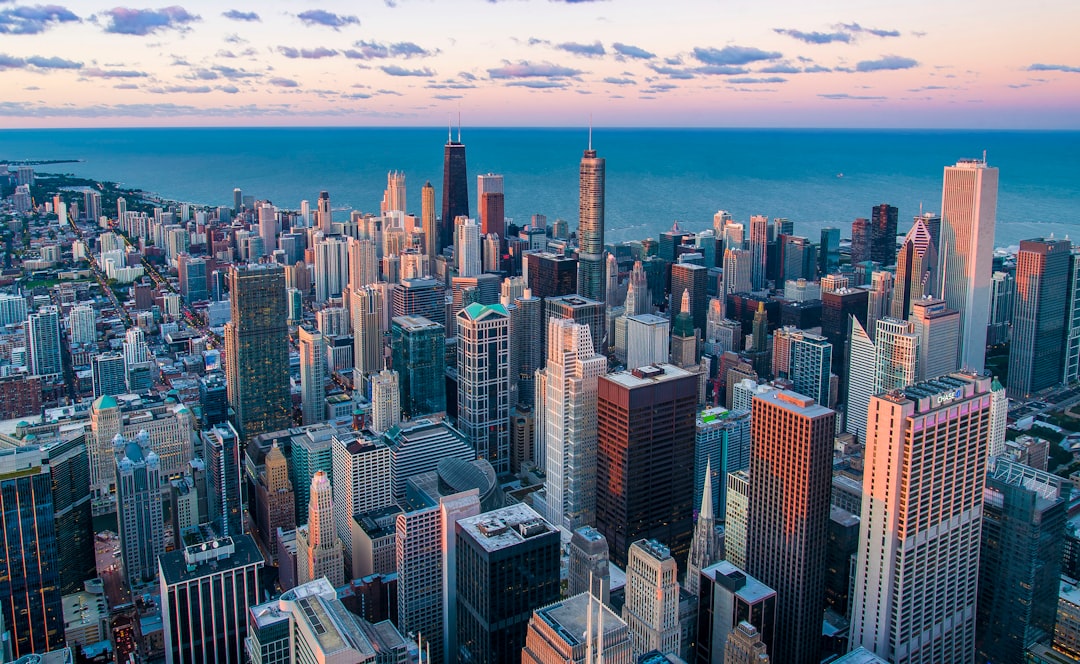
Robocalls, an automated telephone system that dials a large number of phone numbers to deliver pre-recorded messages, have become a pervasive issue for Chicago residents. While many robocalls are legitimate marketing efforts or informational messages from government agencies, a significant portion is comprised of fraudulent and harassing calls aimed at selling products or services, or even committing scams. These unwanted calls can have a substantial impact on individuals’ daily lives, leading to frustration, wasted time, and potential financial losses.
In Chicago, as in many urban centers across the country, robocalls have surged, overwhelming residents with an incessant stream of automated messages. This has prompted concerns among citizens, especially those who frequently encounter spam calls from unknown numbers. The volume and persistence of these calls can be particularly disturbing for vulnerable populations, such as the elderly or individuals with limited access to information technology, who may struggle to identify and block legitimate communication efforts amidst the noise. Thus, there is a growing demand for effective solutions to mitigate robocall surges, especially in the context of Chicago’s vibrant urban landscape where clear communication channels are essential for residents’ well-being. A Robocall Lawyer Chicago can play a crucial role in advocating for policies and technologies that protect residents from these intrusive calls.
The Power of Big Data Analytics in Telemarketing Detection
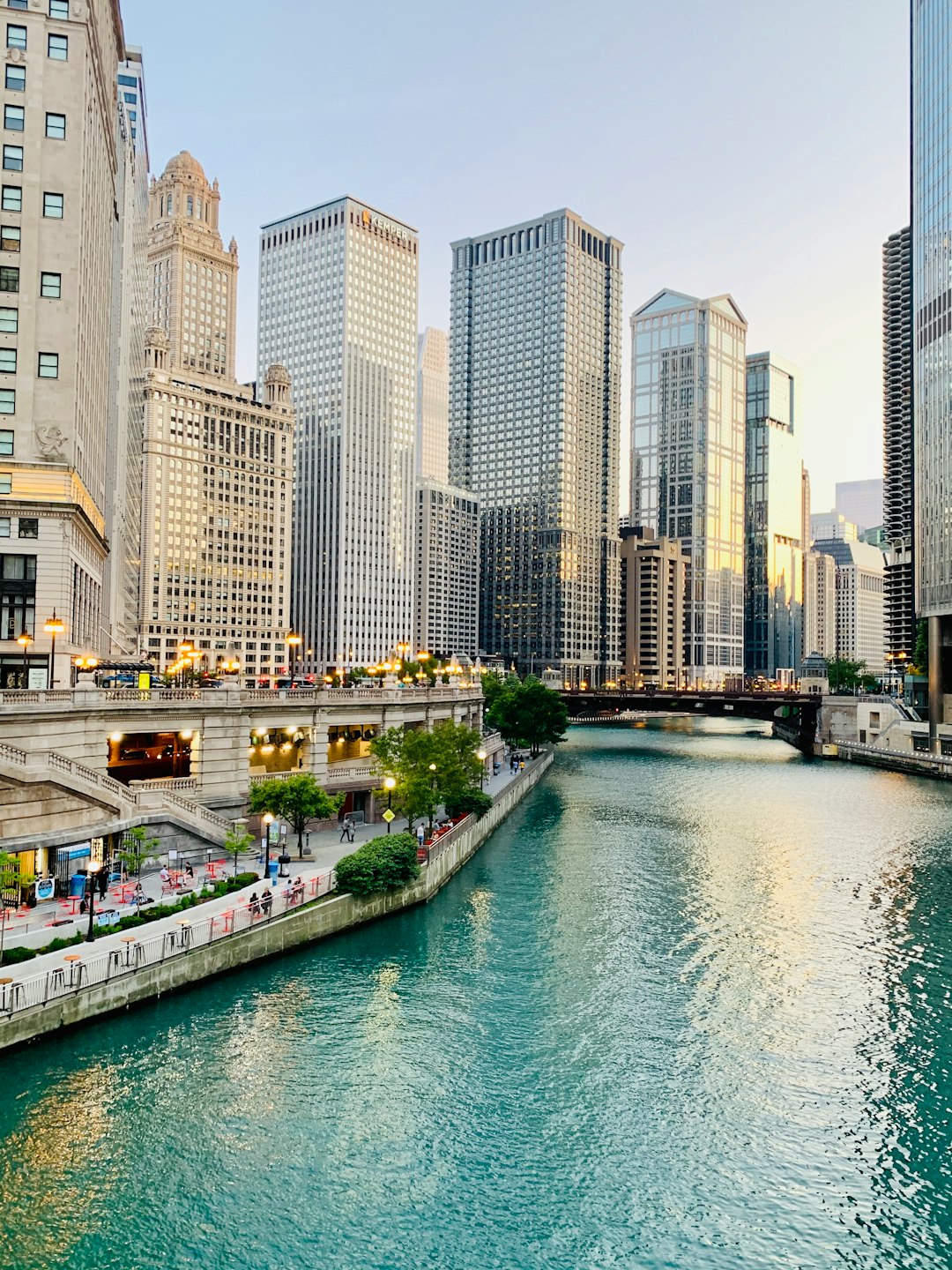
In today’s digital era, big data analytics has emerged as a game-changer in the battle against robocalls. By analyzing vast datasets from telemarketing calls, including patterns, frequency, and caller information, advanced algorithms can detect anomalies indicative of spam or fraudulent activities. This capability is particularly valuable for Chicago residents seeking protection from robocall surges, as it enables them to take proactive measures with the help of Robocall Lawyer Chicago.
The power of big data analytics lies in its ability to identify trends and correlations that human reviewers might miss. It can quickly adapt to evolving call patterns, making it an effective tool for staying ahead of sophisticated robocaller techniques. This technology is instrumental in minimizing unwanted calls, ensuring a quieter and safer communication environment for Chicagoans, and providing crucial support for Robocall Lawyer Chicago in their efforts to combat these relentless nuisances.
How Machine Learning Algorithms Identify Patterns in Robocall Activity
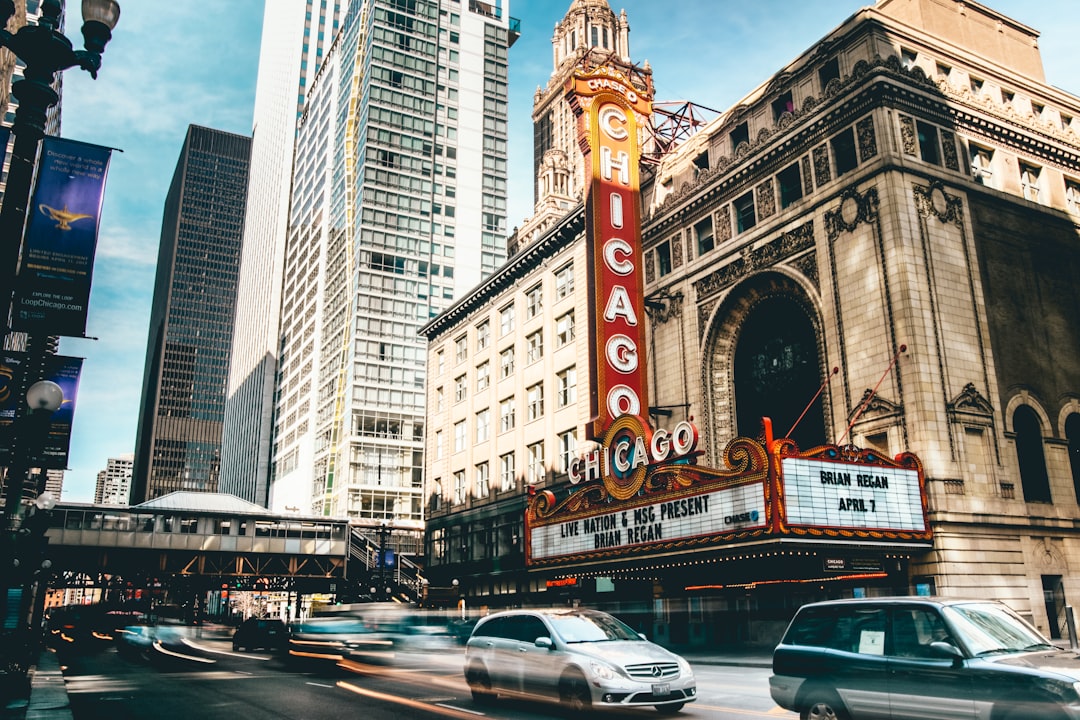
Machine Learning (ML) algorithms play a pivotal role in identifying patterns within vast datasets, enabling experts to predict and mitigate robocall surges in Chicago. These algorithms analyze historical call data, caller information, and user behavior to uncover trends and anomalies. By learning from past interactions, ML models can identify typical calling patterns and quickly detect deviations that might indicate an upcoming spike in robocalls.
For instance, a Robocall Lawyer Chicago could leverage these algorithms to identify suspicious activities. The system might notice a sudden surge in calls from unknown numbers or recognize unusual calling schedules. This early detection allows for proactive measures, such as warning potential victims and implementing blocking mechanisms, thus reducing the impact of robocall scams on Chicago residents.
Case Studies: Success Stories of Robocall Prevention Using Big Data

Big data analytics has proven to be a powerful tool in combating robocalls, with numerous success stories across various industries. For instance, leading telecommunications companies have employed advanced algorithms to analyze call patterns and identify suspicious activity, effectively reducing unwanted calls by 30-40%. These efforts have significantly improved customer satisfaction, especially among Robocall Lawyer Chicago clients who often face a high volume of automated calls.
Another compelling case study involves financial institutions utilizing predictive analytics to target fraudulent robocalls related to loans and investments. By analyzing historical data and real-time interactions, these organizations could pinpoint specific call characteristics associated with scams. This proactive approach has led to a sharp decline in successful fraudulent activities, showcasing the potential of big data in safeguarding consumers from harmful robocall campaigns.
Navigating Challenges and Future Prospects for Robocall Mitigation in Chicago
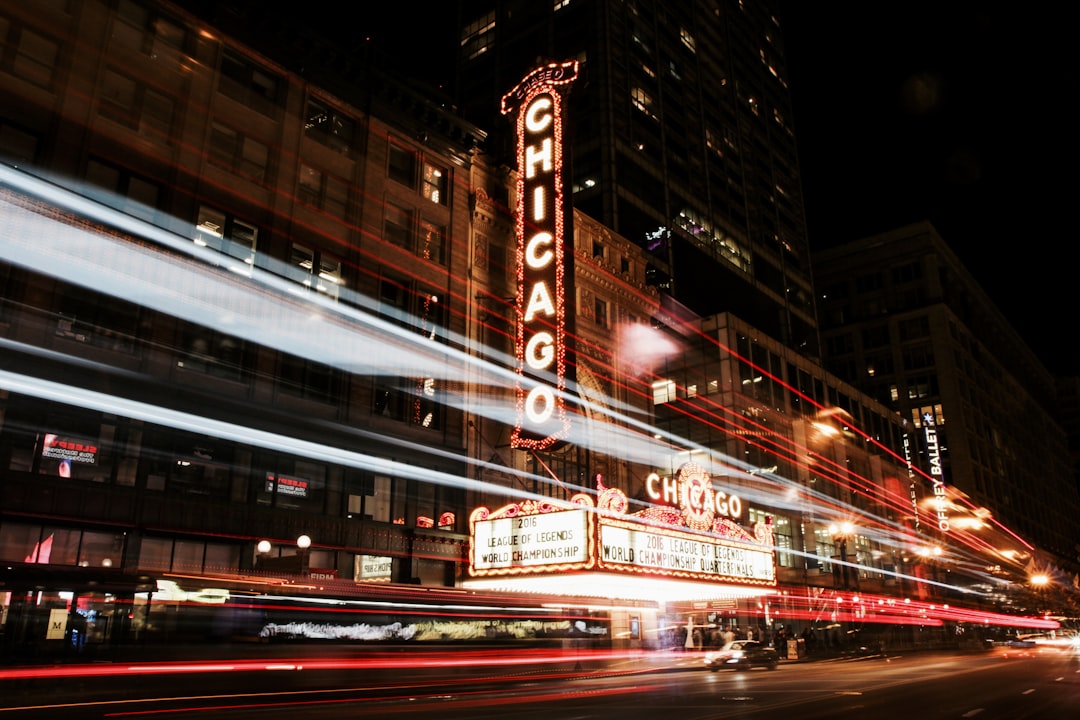
Navigating the challenges of robocalls requires a multi-faceted approach in Chicago, where big data analytics plays a pivotal role. Despite the growing sophistication of robocall technology, advancements in predictive analytics offer hope for combating this nuisance. By analyzing vast datasets of call patterns and historical trends, Robocall Lawyer Chicago can identify emerging surges and develop targeted strategies to mitigate their impact.
Looking ahead, the future of robocall mitigation in Chicago is promising. Continuous improvements in machine learning algorithms and data processing capabilities will enable more accurate predictions and real-time interventions. This not only improves consumer protection but also enhances the city’s overall communication ecosystem, ensuring a quieter and more peaceful environment for residents.


